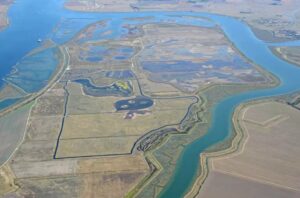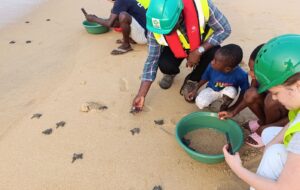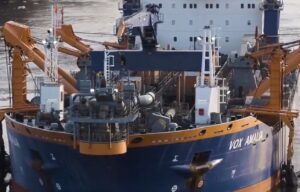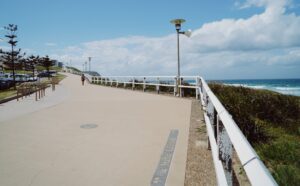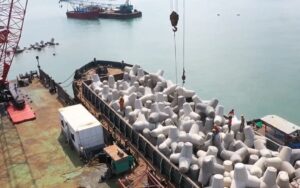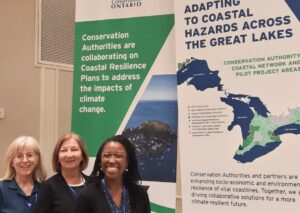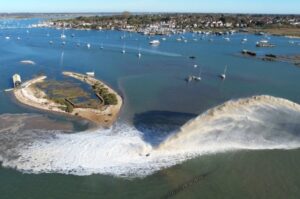Increasing Biodiversity by Creating Habitat for Marine Species
Bournemouth University (BU) is conducting an investigation on how artificial rock pools fixed to harbor walls can increase biodiversity by creating a habitat for marine species.

“BU is looking at how to protect species from ‘coastal squeeze’ – an effect caused by rising sea levels that reduces the habitat of coastal marine life. As sea levels rise, rocky shore habitats are lost in areas with development like harbors and ports. The artificial rock pools, known as Vertipools, were designed by Isle of Wight based eco-engineering company Artecology,” BU stated in its latest release.
The Marineff project (MARine INfrastructure EFFects) is a cross-Channel research project between universities and partners in the South of England and North of France.
The project has €4.6 million of European Union funding and brings together ecologists and material scientists from French and English universities, industrial partners and other stakeholders to find ways of protecting and enhancing coastal ecosystems.
The BU team, led by Dr Roger Herbert, will be installing 150 Vertipools across three sites and monitoring the life found in the pools. The team is currently looking at suitable sites along the Southern English and Northern French coasts.
Dr Herbert said: “Habitat loss is a serious threat to marine life as coastal development increases and sea level rises with climate warming. We will assess how Vertipools work in practice, how they can be designed for new structures and retro-fitted to existing sea walls and harbors.”
Other partners in the project are investigating different methods of increasing habitat availability and biodiversity in developed areas along both the French and English sides of the Channel.
The project is focused on areas with coastal infrastructure like ports and harbors because these man-made structures are hostile areas for marine life.

